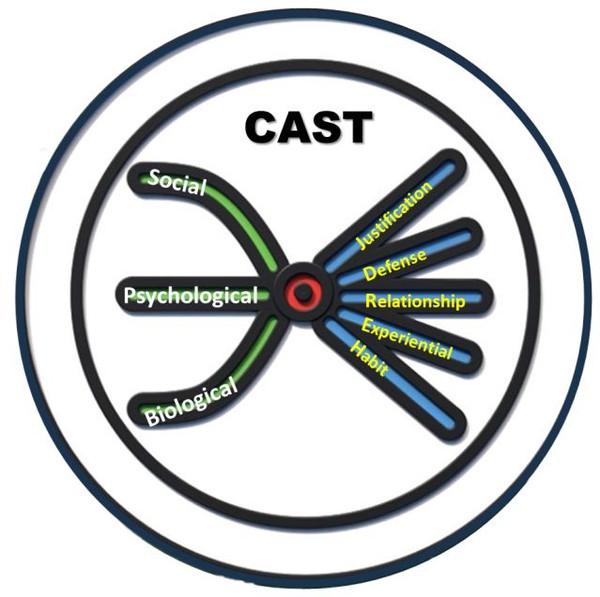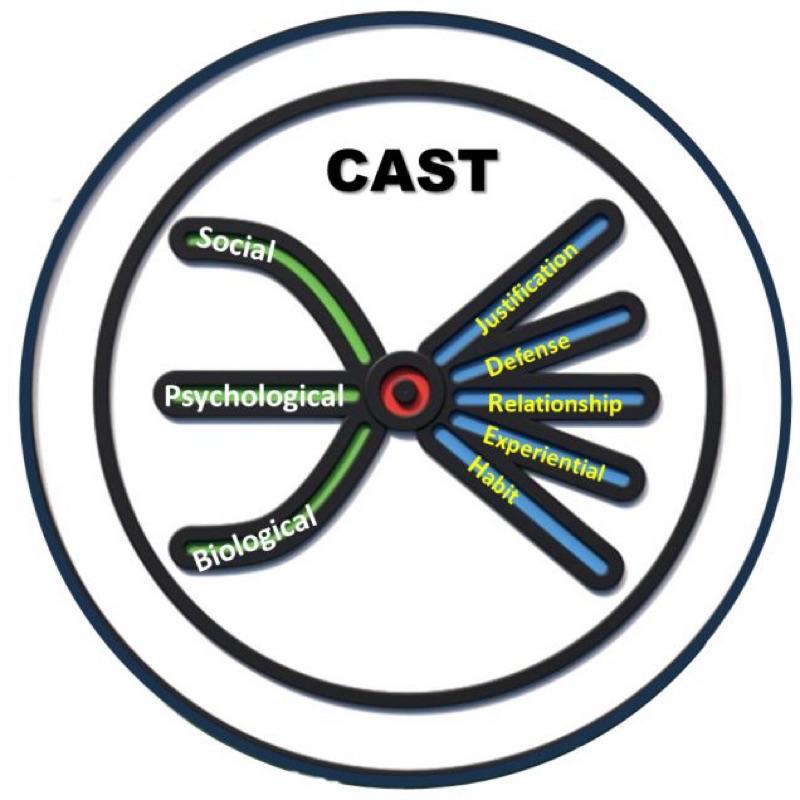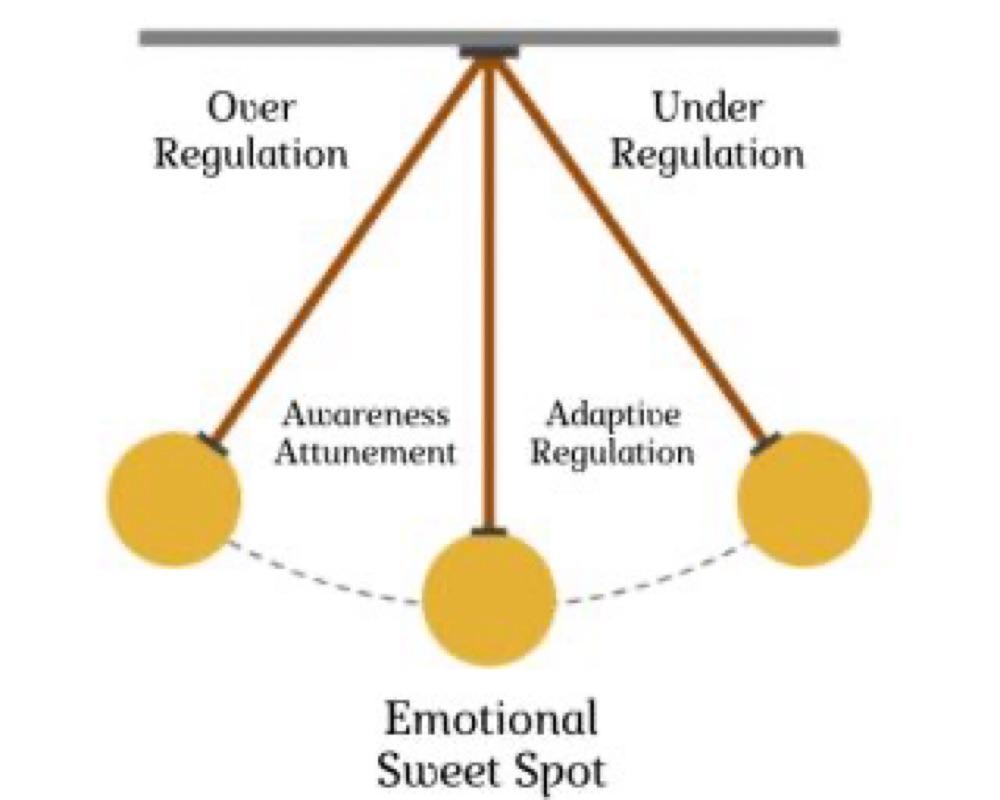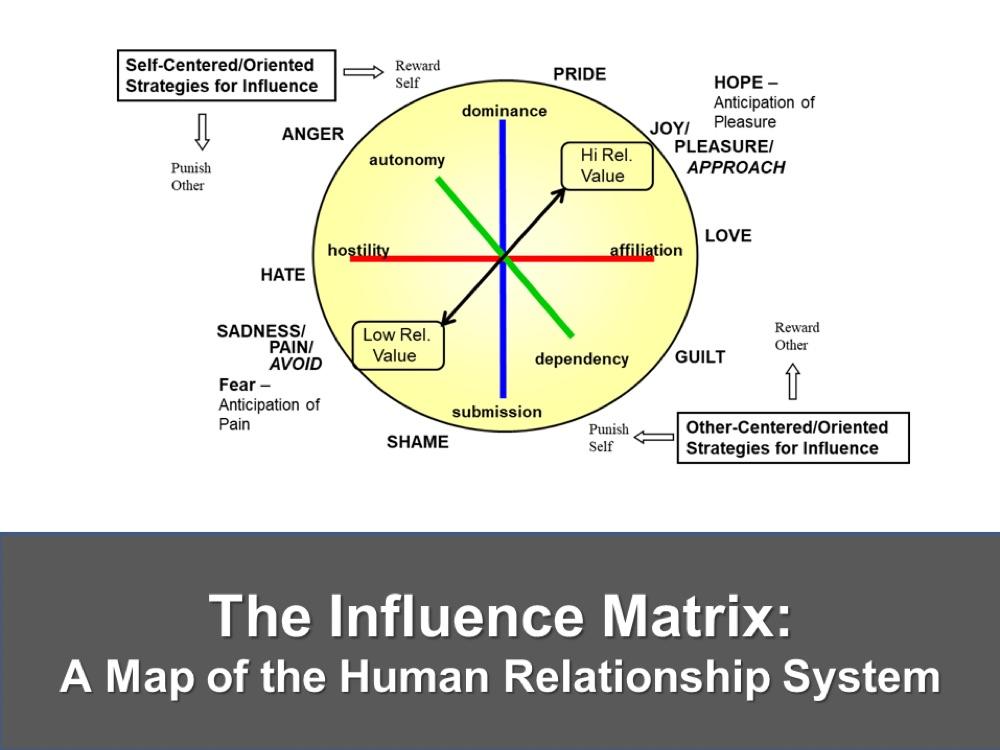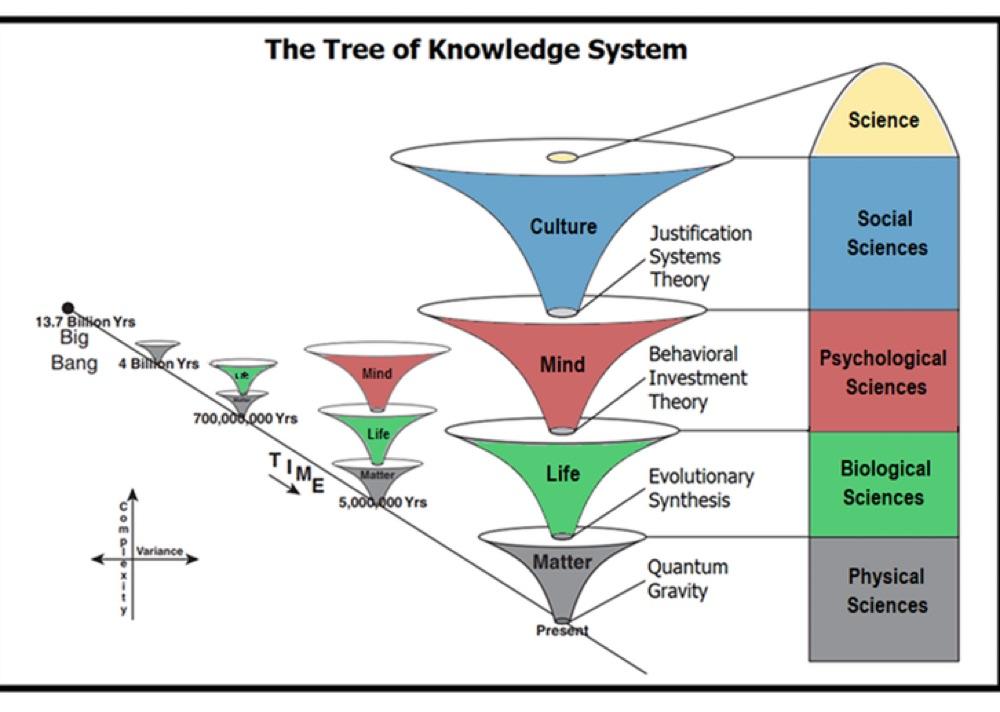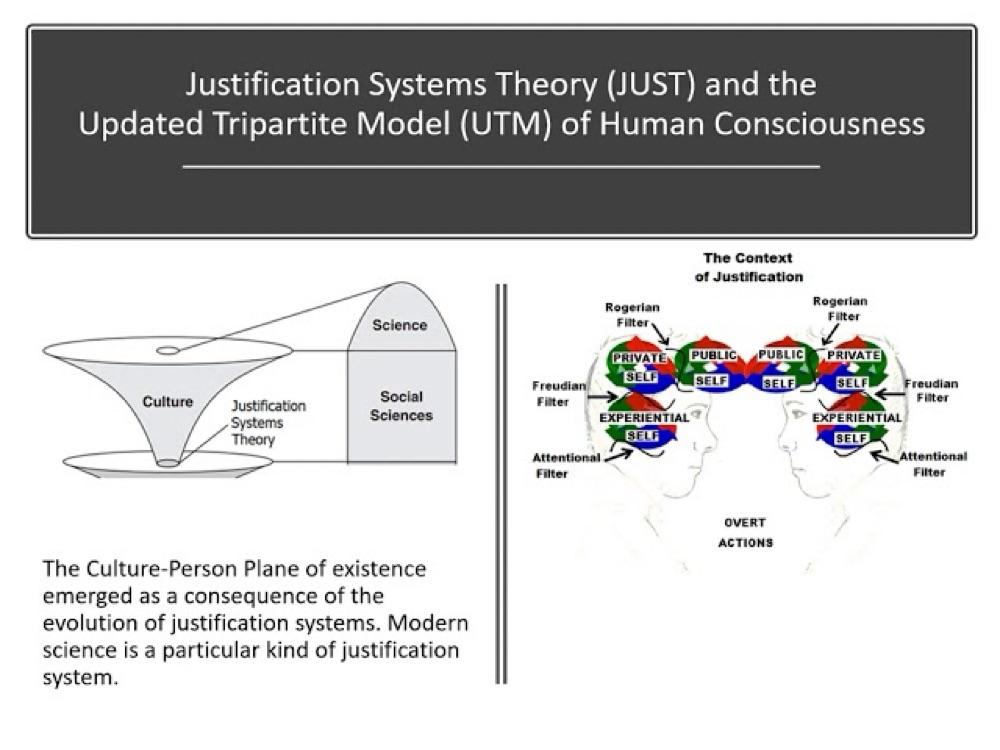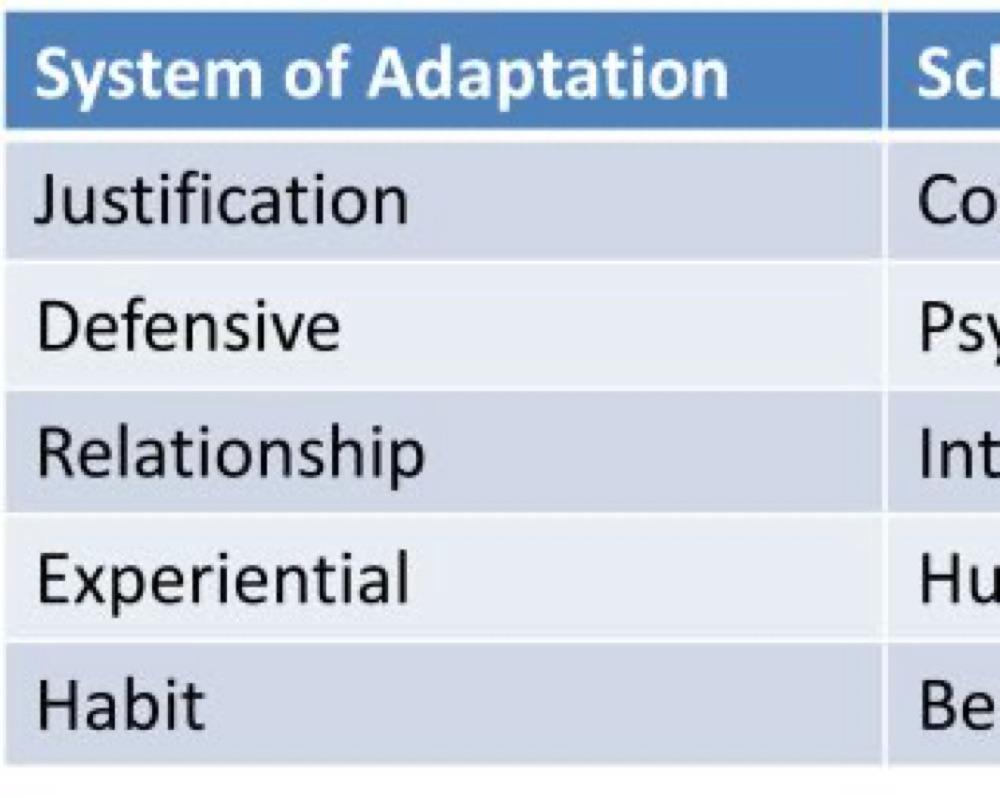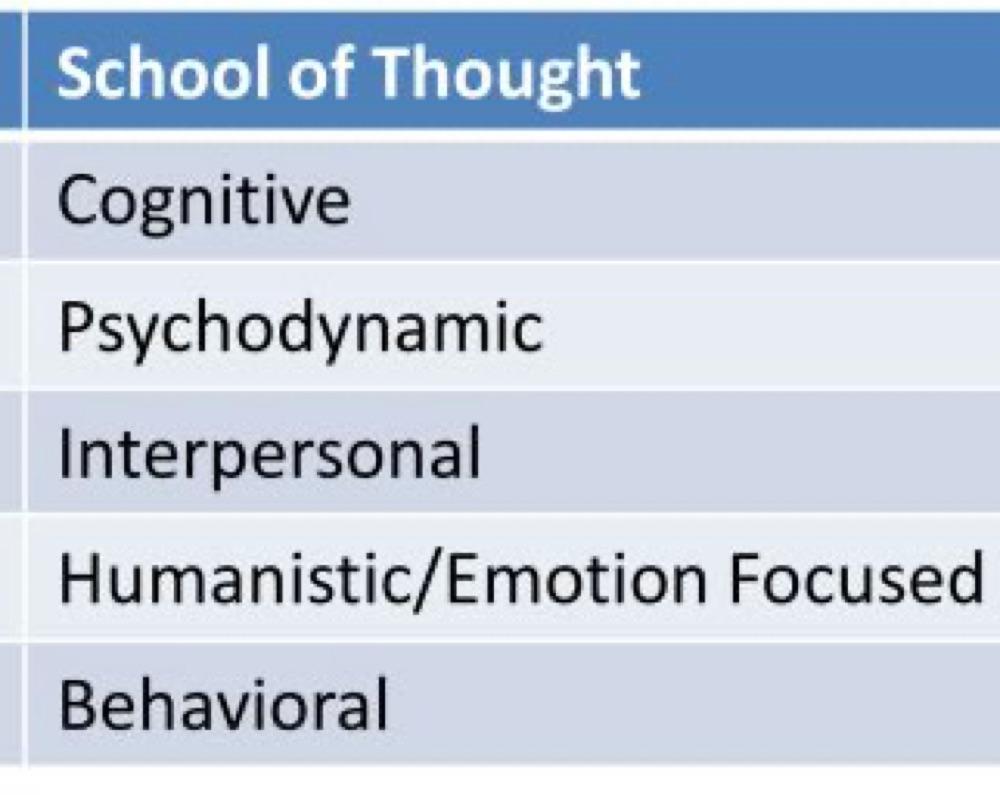The 5 Systems of Character Adaptation
Curated from: psychologytoday.com
Ideas, facts & insights covering these topics:
20 ideas
·8.22K reads
20
Explore the World's Best Ideas
Join today and uncover 100+ curated journeys from 50+ topics. Unlock access to our mobile app with extensive features.
What Are Character Adaptations?
Our personal adaptations are the ways in which we have learned to respond and adapt to our environment, based on our genetic predispositions, life histories and events, and cultural contexts. For instance, taking off our shoes before entering our house, going to the gym after work, or feeling anxious in social settings are all examples of personal adaptations.
69
808 reads
The Character Adaptation Systems Theory (CAST)
UTOK, the Unified Theory of Knowledge, identifies 5 different character adaptation systems. A system is an interlocking network of parts that function as a whole. It turns out that we can divide the ways people respond and adapt to their environment via 5 primary systems of adaptation: the habit, the experiential, the relational, the defensive, and the justification systems. This is called Character Adaptation Systems Theory (CAST), and knowing about it can help us see more clearly the patterns by which we adjust, adapt, and act in the world.
72
587 reads
The Contexts Of Development And The Systems Of Adaptation
Here is a diagram that represents CAST. On the left, it shows the three broad contexts of development (i.e., biological, psychological, and social). On the right, it lists the five systems of adaptation.
65
538 reads
70
857 reads
System 1: The Habit System
The habit system works by chaining together stimuli with responses toward some result that is expected or rewarding. The habit system works pretty automatically; that is, we don’t need to think about it; we just do it. When we do things repeatedly, they get “downloaded” into our habit system. For example, if tying your shoes comes naturally to you, it is because now it is part of your habit system. Habits play a crucial role in our lifestyles, and it is important to cultivate healthy habits regarding our sleep, eating, exercise, sexual patterns, and substance use.
65
430 reads
System 2: The Experiential System
This is our “on-line” system of subjective conscious experience that integrates our senses into perceptions and orients our attention. In addition, it includes our drives and feelings about what is happening and what we want to happen. Learning how to direct our attention in a responsive and mindful way is key to mental health, which is why meditation is so relevant to mindfulness and well-being.
65
396 reads
The “Emotional Sweet Spot”
Also, effectively processing our emotional reactions by being aware and attuned, while also adaptively regulating them, is key to mental health. Holding your emotions this way, by being aware and attuned on the one hand and adaptively regulating them on the other, is called the “emotional sweet spot ” in UTOK.
68
379 reads
67
524 reads
System 3: The Relationship System
You may have heard of the attachment system or attachment style. That is where the relationship system starts. It also includes drives toward status and affiliation. In particular, our relationship system tracks the amount of social influence we have and our felt sense of relational value, which is the extent to which we feel seen, known, and valued by important others. In UTOK, the key dimensions of the relationship system are mapped by the Influence Matrix.
67
324 reads
70
487 reads
System 4: The Justification System
The justification system refers to our language-based system of propositional beliefs and values. It is at work when we ask and answer questions, when we tell stories about what is happening, and when we are reasoning and giving reasons for our behavior. The world of justifications is what makes the world of persons different from the world of primates, and our justification system is the system that helps us navigate what UTOK calls the “Culture-Person plane of existence”.
66
277 reads
66
425 reads
64
401 reads
System 5: The Defensive System
This system is the hardest to see directly. The reason is that it emerges between the self-conscious systems of justification and the subconscious processes of inner images, feelings, and drives. As Sigmund Freud realized, those subconscious processes often involve content that is socially problematic and must be repressed or rationalized for the system to maintain equilibrium. The defensive system is the system that signals when there may be danger or inconsistency between the feeling portion of your mind and the justifying portion, and it tries to resolve the tension.
64
253 reads
HER DJ - Mammals And Persons
We share 3 of the 5 systems of adaptation with other social mammals, like dogs and apes; 2 of the 5 are unique to us as human persons.
One way to remember these 5 systems is with the acronym “HER-DJ,” as in, “Her DJ played great music at her wedding.” The “HER” portion (i.e., habit, experiential, relational systems) stands for the character adaptation systems we share with other social mammals. As such, we can say they make up our core, primate self. The “DJ” (i.e., defense and justification systems) stands for how we adjust to our environment as socialized persons.
63
222 reads
Adaptation Systems, But Maladaptive Patterns…?
The systems of adaptation do not always produce the most adaptive behavior patterns. Sometimes problematic habits, like excessive drinking or binging and purging, can develop. Sometimes we cope with our emotions by blocking them, only to have them come back and flood us and get us acting impulsively. Sometimes our relationship system causes us to project past injuries on present relationships. And sometimes we develop faulty beliefs about ourselves, the future, or the world that results in us making unwise decisions.
66
217 reads
Schools Of Psychotherapy And Adaptation Systems
Much of psychotherapy is about identifying maladaptive patterns. Indeed, the major schools of psychotherapy tend to focus on different systems of adaptation. The behavioral school focuses on habits, how they are formed, and how we can shape new ones. Humanistic and emotion-focused therapists focus on how we process our feelings and teach us the difference between adaptive and maladaptive emotional processes.
63
217 reads
Schools Of Psychotherapy And Adaptation Systems
Interpersonal therapists and therapists who emphasize attachment, focus on the relationship system. Psychodynamic therapists, in the tradition of Sigmund Freud, focus on helping us understand our defenses. And, cognitive therapists and narrative therapists focus on the justification system, and how to develop adaptive ways of reasoning about our lives and the world we are in.
63
205 reads
63
363 reads
63
317 reads
IDEAS CURATED BY
CURATOR'S NOTE
Mental health is about adapting to the environments we are in over time. Learning about the 5 systems of character adaptation can help us see the different domains of adaptation and identify where we are healthy and where we might be able to enhance our adaptive living potential.
“
Similar ideas
8 ideas
1 idea
4 ideas
Read & Learn
20x Faster
without
deepstash
with
deepstash
with
deepstash
Personalized microlearning
—
100+ Learning Journeys
—
Access to 200,000+ ideas
—
Access to the mobile app
—
Unlimited idea saving
—
—
Unlimited history
—
—
Unlimited listening to ideas
—
—
Downloading & offline access
—
—
Supercharge your mind with one idea per day
Enter your email and spend 1 minute every day to learn something new.
I agree to receive email updates
